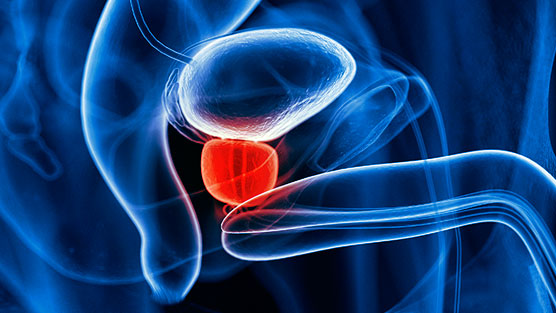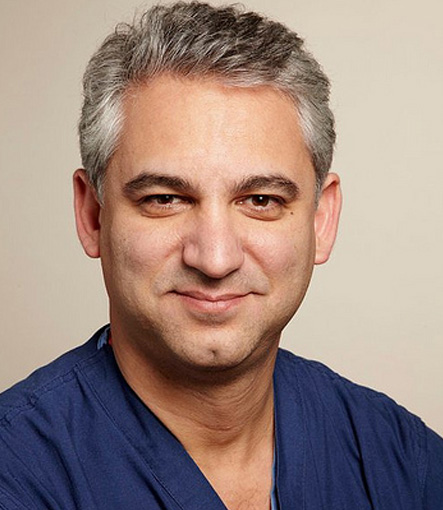What Is Chronic Bacterial Prostatitis?
Chronic bacterial prostatitis is a rare condition that causes recurring infections in the prostate and results in swelling, inflammation, and frequent urinary tract infections (UTIs). Even with treatment, bacteria can still survive within the prostate and symptoms will often return. Prolonged use of antibiotics is often necessary in order to effectively treat this condition.
What Causes Chronic Bacterial Prostatitis?
Chronic bacterial prostatitis is caused by a bacterial infection. Even when the primary symptoms of infection have been treated, bacteria may continue to thrive in the prostate. A man with chronic bacterial prostatitis will usually have recurrent urine infections. Causes of infection include:
- any bacteria that causes a UTI
- sexually transmitted infections, such as chlamydia and gonorrhea
- Escherichia coli after having an infection of the testicles, urethritis (inflammation of the urethra), or a UTI
Other factors that put men at risk for developing the condition include:
- Age
- Certain sexual practices (such as anal sex without a condom)
- Excessive alcohol intake
- Injury to the perineum (the area between the scrotum and anus)
What Are The Symptoms?
Bacterial infections in the prostate can be very painful during a flare-up. You feel this mainly at the base of your penis, around your anus, just above your pubic bone and/or in your lower back. Pain may spread to your penis and testicles (testes). Passing stools (feces) can also be painful. In some men, symptoms may be hardly noticed or only slightly annoying. Typical symptoms of chronic prostatitis include:
- Blood in the urine or semen
- Pain or burning with urination
- Pain during or following an orgasm
- Pain in the lower back, between the genitals and anus, above the pubic bone, and in the testicles
- Foul-smelling urine
- A need to urinate frequently or urgently
How Is Chronic Bacterial Prostatitis Diagnosed?
In order for your doctor to make a diagnosis, they will review your medical history and perform a physical exam to look for swollen lymph nodes near the groin or fluid discharge from the urethra. Your doctor may also perform a rectal exam to look for any signs of infection in the prostate. Your doctor may also perform the following tests to help diagnose your condition:
- Testing fluid taken from the urethra for bacteria
- Testing to rule out the possibility of having a sexually transmitted infection
- Urine test
How Is It Treated?
Antibiotics are typically the main course of treatment for this condition. Antibiotics such as trimethoprim-sulfa and levofloxacin (Levaquin) are just a few examples of the types of antibiotics used to treat chronic bacterial prostatitis. They’re usually taken for four to six weeks. However, because the infection can reoccur, antibiotics may be taken for 12 weeks or longer. Pain relievers, anti-inflammatory drugs and muscle relaxants may also help with pain and muscle spasms. Some men find relief with warm baths or with biofeedback programs designed to reduce tension in the pelvic muscles.






